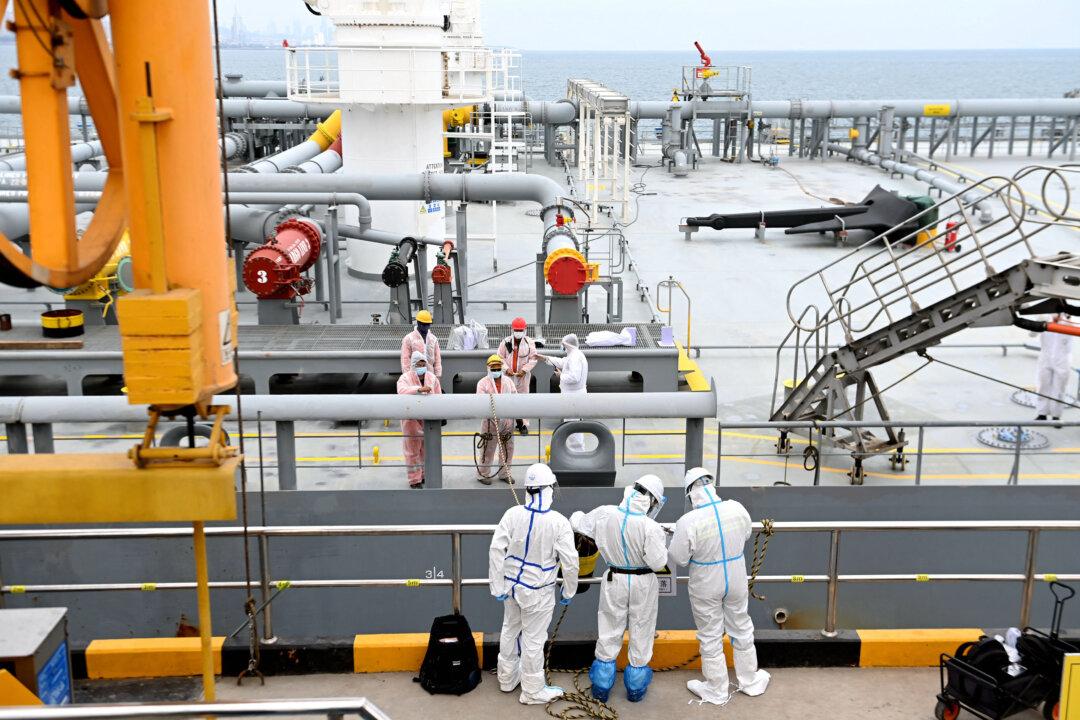The Chinese Communist Party (CCP) has recently relaxed its pandemic control measures imposed on non-cold chain imports.
On July 12, China’s top health body announced that nucleic acid swabs and disinfection would no longer be imposed on “low-risk non-cold chain imported goods,” but goods deemed high risk of transmission will still be disinfected.





